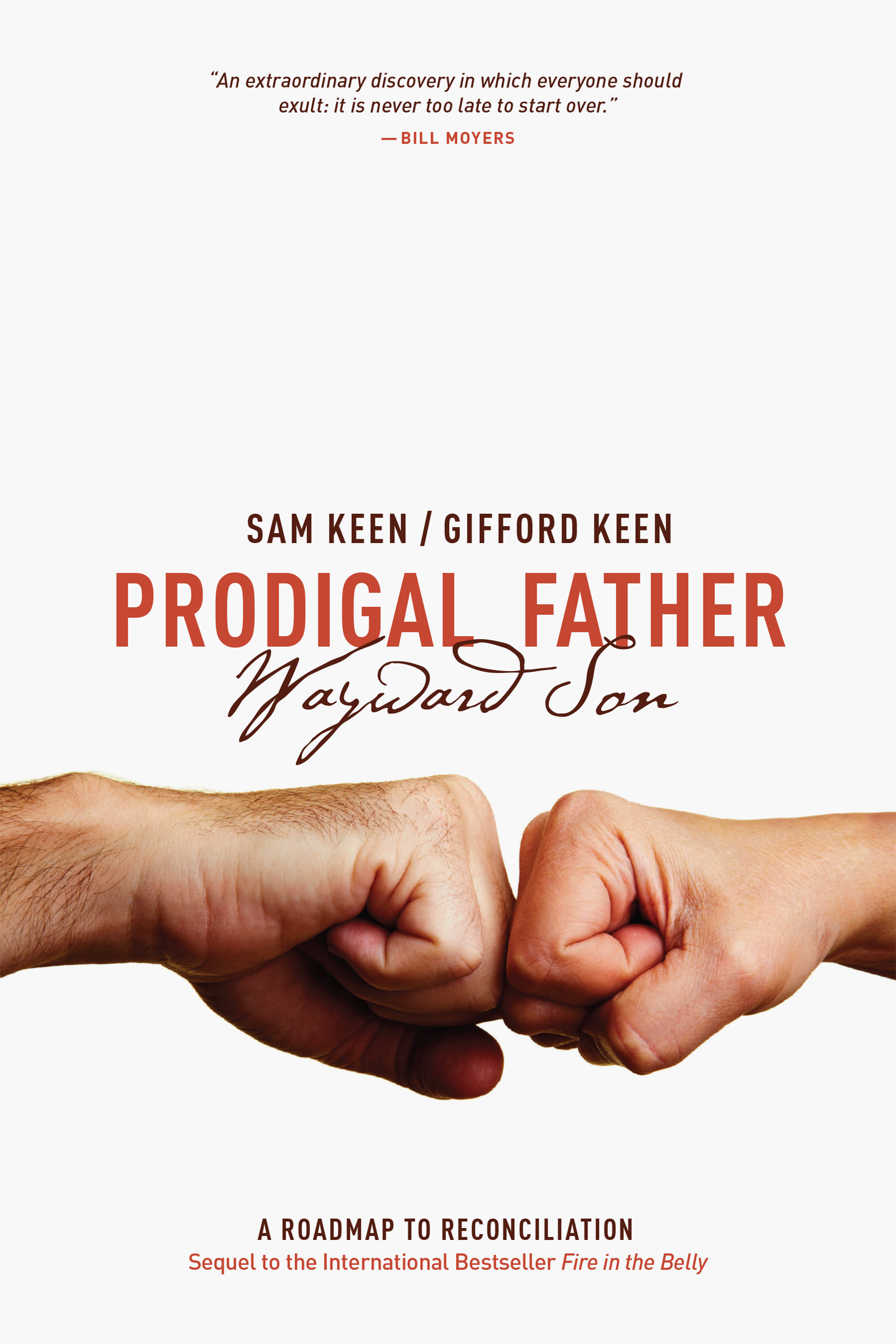The Wonder of Religion
Religion is under attack by a new breed of militant atheists such as Christopher Hitchens, Richard Dawkins and Sam Harris. They insist that all forms of monotheism, even the most liberal and progressive, are murderous, intolerant and irrational. According to Hitchens, “atheism is a necessary condition for the emancipation of the mind.” The choice they would force us to make is between irrational religion and rational atheism.
Lately, the argument has turned into a battle of slogans. In Britain, Christian shibboleths endorsing Web sites that warned that anyone who doesn’t accept the word of Jesus will spend all eternity in hell began to appear on the sides of buses. The Atheist Bus Campaign responded, collecting enough money to post the following on the sides of 100 buses: “Probably, there’s no God. Now stop worrying and enjoy your life.” (Richard Dawkins, author of “The God Delusion,” objected to the word “probably.”) In solidarity, the American Humanist Association started running their own advertisements in Washington D.C. asking “Why believe in a god?” over a picture of a man in a Santa suit with the added message “Just be good for goodness’ sake.”
It makes no logical or linguistic sense either to affirm or deny the existence of an infinite, supernatural God. If such a being exists, how could the human mind comprehend or speak about it? If such a being does not exist what is it that is being denied by atheists?
If we want to explore the significance of religion we need to reject both religious literalism and dogmatic atheism and return to the root meaning of religion–“to bind, connect, or reconnect.” In its original sense, religion bears nearly the opposite meaning it has been assigned in modern times. It is not about cult, creed, ceremony, miracle, mystery or authority. Nor is it about occult knowledge of a transcendent God revealed by scriptures or religious institutions.
.
Religious belief springs from an awareness that all creatures belong to a single commonwealth of sentient beings. This leads to a passionate commitment to venerate the miracle of ordinary life and dwell in the presence of the sacred.
The religious psyche is animated by elemental emotions that stand in stark contrast to the emotions such as shame, guilt, envy, pride, greed, ambition and acquisitiveness that make up the palette of responses we learn from secular culture. The elemental emotions do not come from our social indoctrination but from the raw human encounter with the incomprehensible universe into which we have been thrown.
The experience of wonder, the first of the elemental emotions, is the wellspring of both religion and philosophy. D.H. Lawrence got it exactly right; “There is a sixth sense, the religious sense, the sense of wonder”. The emotion of wonder is triggered over and over again by the awe-ful realization that there is no reason for the world or anything in it to exist, myself included.
Gratitude and celebration flow from wonder as we accept our existence as an inexplicable gift bestowed on us without rhyme or reason by the Infinite Creative Void, The Unknowable G-D (beyond God), or the Ground of Being from whom all blessings flow. (Take your pick.)
Reverence may be elicited by a stand of giant redwoods or a two-year-old playing on a jungle gym. Listening to the myriad voices of our fellow creatures, we are reminded to walk softly on the earth and show respect for strangers.
Reverence is the virtue that puts the “civil” in civilization.
Compassion follows from the feeling of kinship. It is the bridge joining the lone individual to the community. The maxim that guides the religious psyche is not Descartes’ “I think; therefore I am.” but “We are; therefore, I am.”
The elemental emotion of hope, which has nothing to do with optimism, is inseparable from the life force that drives me toward an unknown future for which I long but cannot imagine. I am a borning self within a borning universe. My DNA has been in the making from the beginning of time. Therefore, I hope.
Trust is the final emotion, or disposition, we gain only by wrestling with doubt and the temptation to despair in the face of tragedy, disease and the desecration of the earth. At no time does the decision to trust or not trust become more agonizing than when we are facing death. In the end, when there is no thing to hold to, no known destination, I must lie me down and trust myself to the everlasting arms of an unknown G-D.
Religion is not speculating about the existence or non-existence of otherworldly entities, but is living with a sense of wonder and struggling to keep our one and only earth a sacred dwelling place.
Sam Keen is an author and lecturer who has written thirteen books on philosophy and religion. His new book, “In the Absence of God: Dwelling in the Presence of the Sacred,” will be published this month. Keen, former editor of Psychology Today, co-produced the Emmy-nominated PBS documentary “Faces of the Enemy,” and was the subject of a PBS special with Bill Moyers titled ‘Your Mythic Journey.”
BY SAM KEEN | MARCH 8, 2010; 12:48 PM ET




